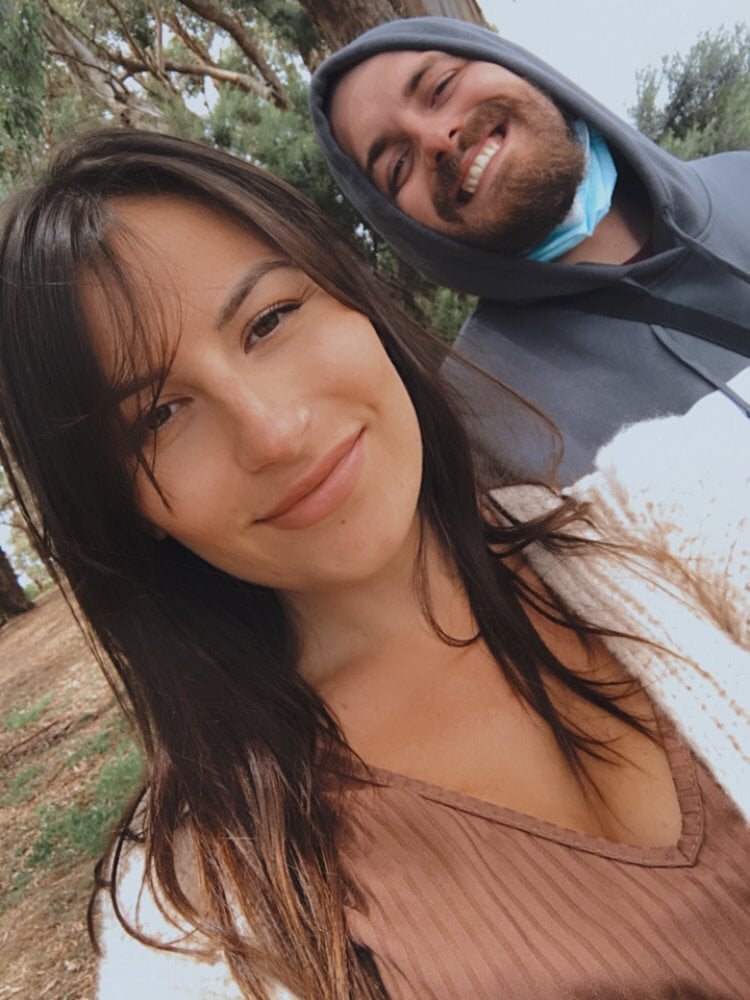
This post deals with pregnancy loss and might be triggering for some readers.
The more we talk about the first trimester of pregnancy, the less stigma there will be around it, and the less easily will our loved ones fall into ugly traps of ‘being helpful’, fear, and judgement.
Let me explain.
My partner and I lost our first pregnancy at nine weeks, only a couple of weeks after I’d told my family. They were devastated for me, supportive, and quietly mournful.
Watch: A tribute to the babies we've lost. Post continues below.
Only two months later we were pregnant again, and overjoyed! Making super sperm jokes and counting our blessings. We told our families just after the first scan at eight weeks, our beating little peanut showing promise and hope.
I told them early so they could be happy for us, so they could prepare to support me should something go wrong, so they could share and hold space for my messy blend of joy and worry.
I was after proactive rather than reactive support – something deeper that requires some complex emotional intelligence. I didn’t think it was a big ask because my family are extremely open and close with one another.




Top Comments